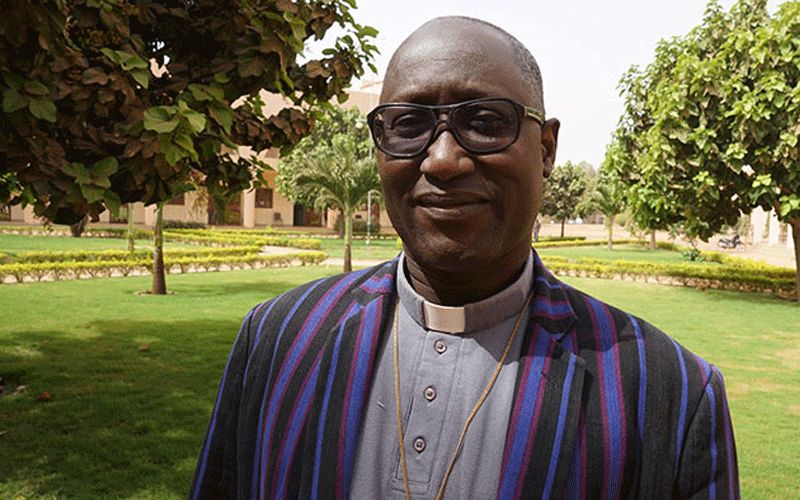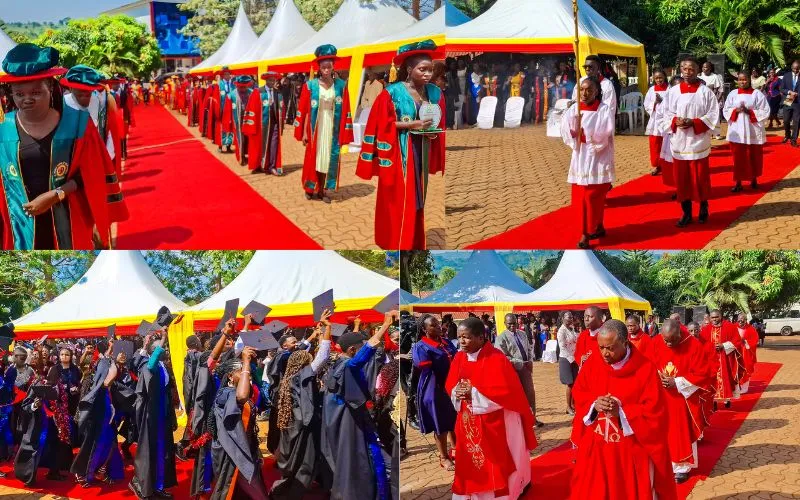Ouagadougou, 17 March, 2020 / 4:07 am (ACI Africa).
Amid increasing concerns of insecurity in the Sahel, Church leaders in the West African nation of Burkina Faso, where places of worship have been targeted in attack, are planning a forum that will offer Christians in the landlocked country an opportunity to reflect on their Christian calling in the face of persecution.
“We are thinking hard about the best way to respond to this challenge,” the Secretary General of the Episcopal Conference of Burkina and Niger, Fr. Pierre Claver Belemsigri said in an interview with Aid to the Church in Need (ACN) International referencing the challenge of insecurity in his country.
In the interview published Monday, March 16, Fr. Pierre Claver said that the conference of Bishops is “planning to organise a large forum this year, devoted to questions around pastoral care and security.”
The Burkinabe cleric said that the planned forum “will be an opportunity to reflect on what it means to be a Christian and how to live our life in the new context of insecurity and attacks on places of worship.”
Burkina Faso, one of the nine countries encompassed in the Sahel region has been facing rampant violence occasioned by political crises in the country, which offer a fertile ground for the proliferation of extremist groups such as the Islamic State in the Greater Sahara and the al-Qaeda affiliate Jama’at Nasr al-Islam wal Muslimin.








